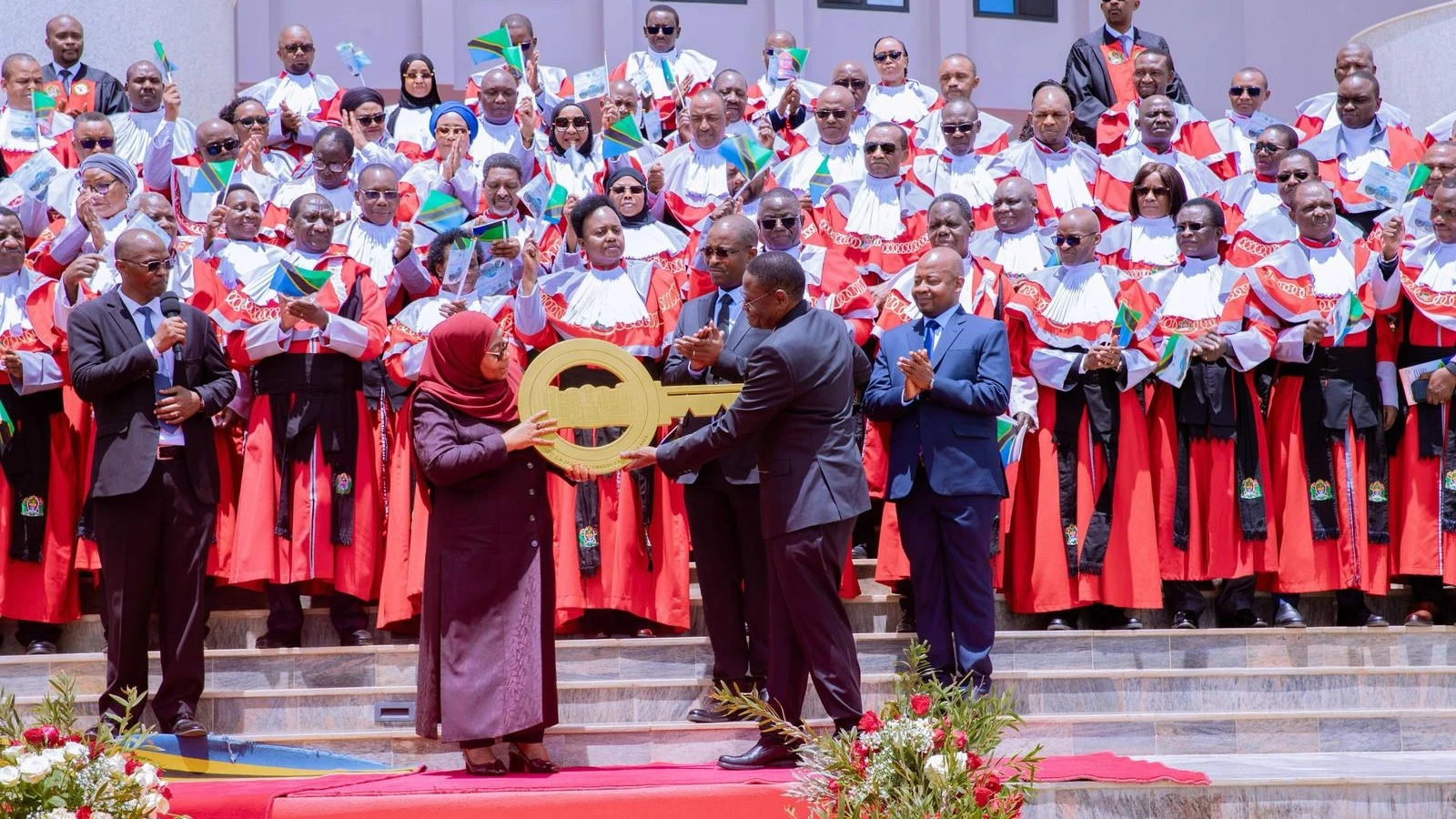Digital savings volume decreases by 1.72 pc in 2024

The volume of digital savings in Tanzania slightly decreased by 1.72 percent to 46.47 million, compared to 47.28 million in 2023, the National Payment System (NPS) for 2024 has shown.
However, the value of digital savings increased by 10.16 percent, reaching 1,209.19bn/- billion pointing to improved value per transaction reflecting increasing appetite.
The expansion of digital savings was driven by increased mobile money adoption, financial inclusion initiatives, and technological advancements.
Mobile money platforms such as M-Pesa, Mixx by Yas, Halopesa, and Airtel Money have made saving more accessible, allowing users to deposit, withdraw, and transfer funds conveniently. The integration of mobile wallets with formal banking services has further boosted digital savings, enabling users to seamlessly link their accounts.
Additionally, various digital savings products like M-Pawa, Timiza, Halo Yako, and Vikoba provide Tanzanians with multiple options to save securely.
Wide use of smartphones and affordable internet services have also contributed to this growth, making financial management easier for users. Changing consumer behavior and trust in digital financial services continue to play a significant role in the growth of digital savings.
Electronic Money Issuers (EMIs), such as M-Pesa Limited, Mixx by Yas, Airtel Money Tanzania Limited, and Viettel Ecommerce Limited have made savings accessible without the need for traditional bank accounts.
The integration of digital savings solutions with financial institutions has facilitated secure transfers between mobile wallets and savings accounts leading to the rise of community savings groups, nonprofit organizations, and digital savings initiatives targeting women, youth, and people with disabilities.
With continued fintech innovations, financial literacy programs, and supportive regulatory frameworks, digital savings in the country is expected to keep expanding.
Meanwhile, the number of digital credit transactions was 269.30 million, which reflected an increase of 64.77 percent, from 163.42m/- transactions, recorded in 2023.
The corresponding value increased by 91.49 percent to 4,216.26bn/-, in 2024 from 2,201.81bn/-, registered in 2023.
Digital credit, facilitated by mobile technology has enabled individuals who lacked access to traditional banking to secure loans for personal and business use.
Digital credit supports economic empowerment, especially for micro, small businesses and smallholder farmers. Micro, small, and medium enterprises (MSMEs) through providing an access to capital for business expansion, fostering job creation and economic growth. In agriculture, the digital credit has enabled smallholder farmers to secure subsidies, make loan repayments, and receive proceeds of sale of their products.
The lending model employs an alternative credit scoring for borrowers using historical mobile money transactions, enabling individuals and small businesses to access credit without traditional banking requirements.
Despite these benefits, digital credit poses risks such as over-indebtedness, predatory lending practices, high interest rates, poor customer creditworthiness, data privacy concerns, and emerging Ponzi and pyramid schemes disguising and promising access to finance.
The Bank issued the Microfinance Act 2018 and its regulations guiding the issuance of micro-loans including digital credit. These regulations aim at promoting easy access to credit, and responsible lending practices.
Bank of Tanzania has aligned its regulatory frameworks to promote consumer protection, financial literacy, and fair lending policies. Through these regulations, digital credit remains an important tool for financial empowerment rather than a source of financial distress.
During the year 2024, lending products reported were Kamilisha, Timiza, Agent Overdraft, Bustisha, Nivushe, Digital Salary Advance, Boom Advance, Pension Advance, M-Pawa, Songesha and Kibubu.
Top Headlines
© 2025 IPPMEDIA.COM. ALL RIGHTS RESERVED

























